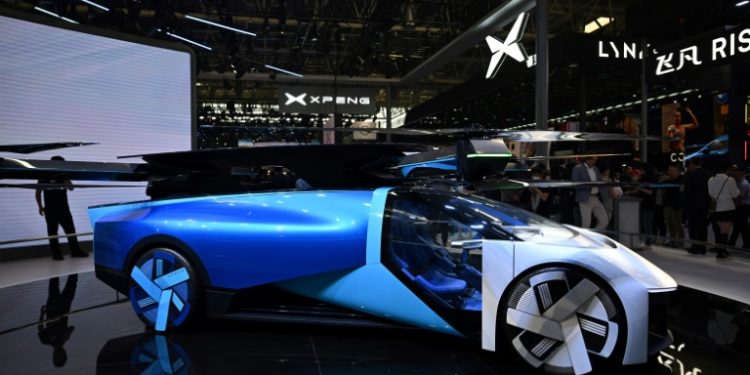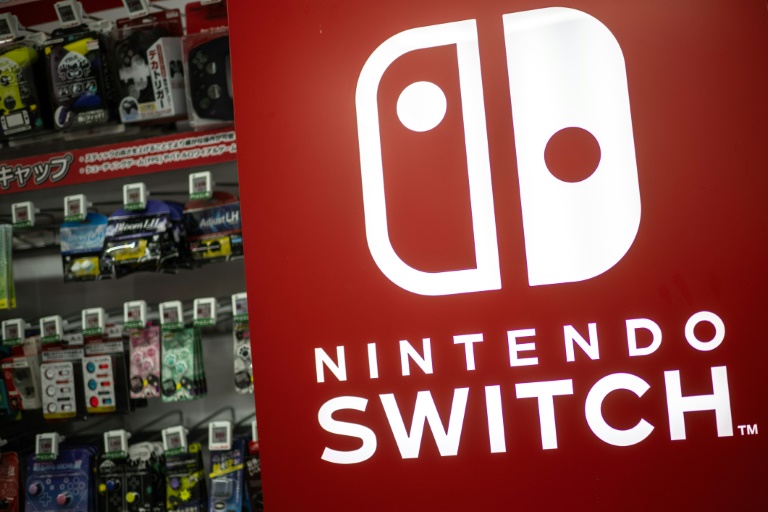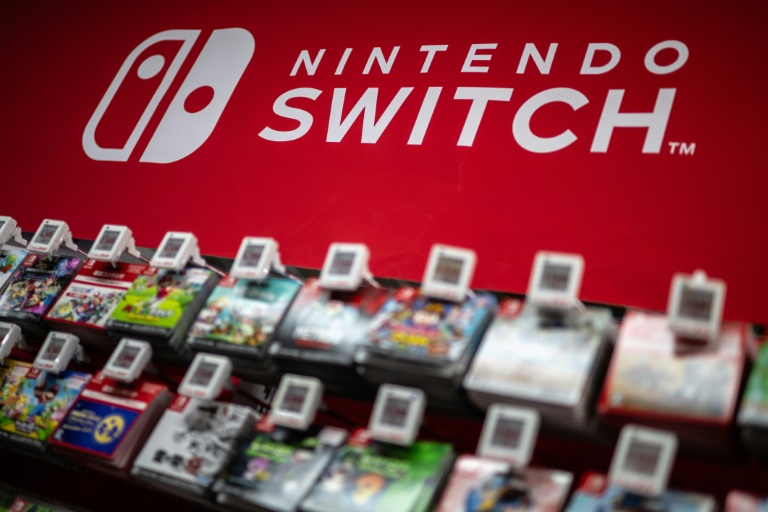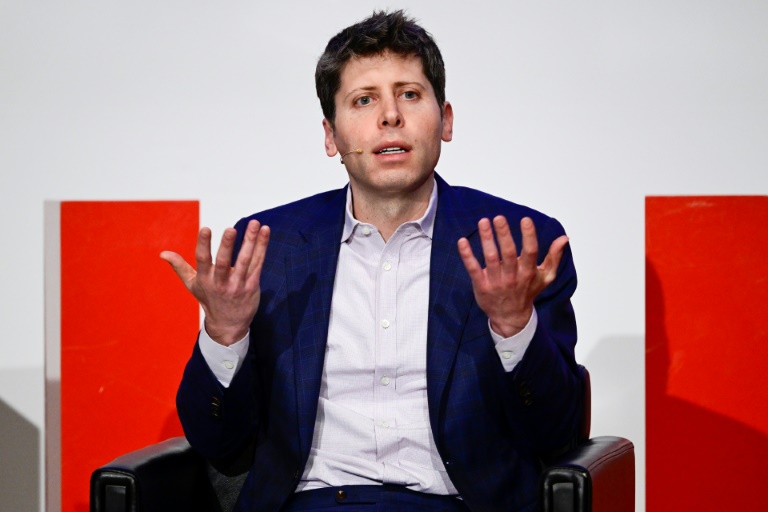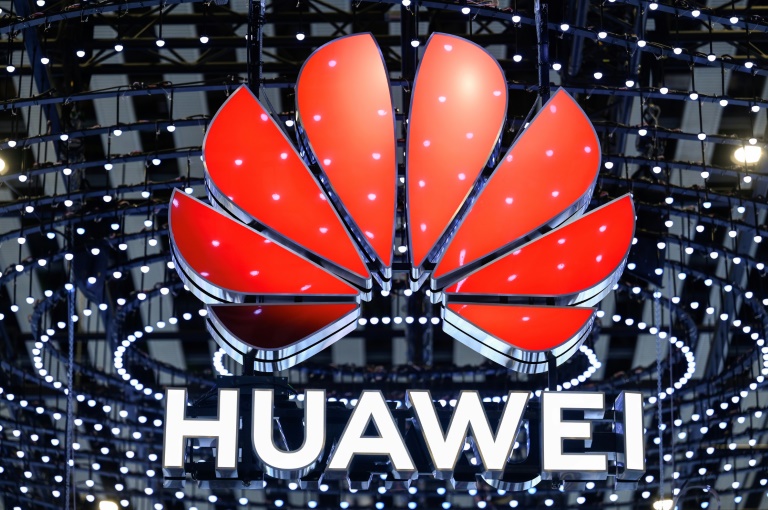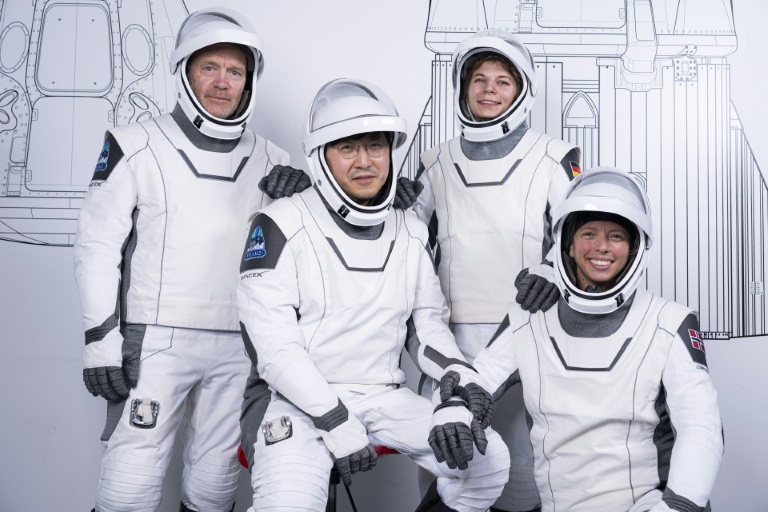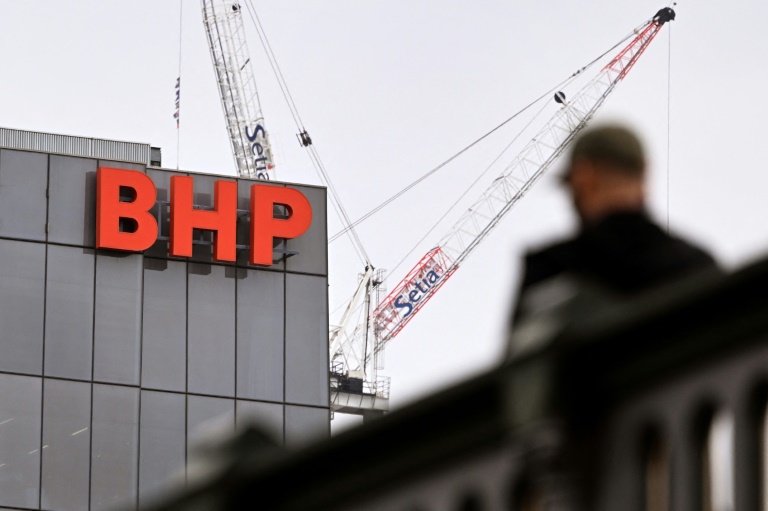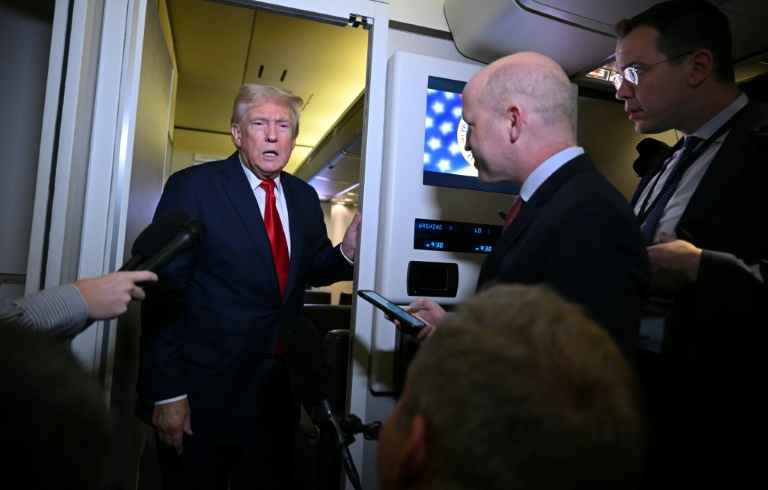Beijing (AFP) – Chinese car giants locked in a cut-throat price war descended on the capital for the start of the Auto China show Thursday, vying to draw consumers and headlines in the world’s biggest electric vehicle market and abroad.
China’s EV sector has exploded in recent years, and firms are now engaged in a no-holds-barred battle to offer customers the coolest accessories at the lowest prices.
Beijing’s Auto China show, which lasts until May 4, sees dozens of firms square off in a bid to draw customers at one of the country’s biggest car shows.
Thursday saw crowds surge into the convention complex hosting the event, which takes place every other year but had not been held since 2020 because of the pandemic.
The quality of products on offer from Chinese automakers in recent years has been “getting better and better”, William Li, the CEO of Shanghai-based brand Nio told AFP at the expo.
“In the first half of April this year, the sales (in China) of new energy vehicles exceeded the sales of fuel vehicles,” said Li, adding that there are “very good signals that China’s automobile industry is developing towards a higher technological content and higher quality of development”.
Several of the Chinese automotive world’s other top stars addressed audiences at the expo — including CEOs He Xiaopeng of XPeng and Lei Jun of Xiaomi — while visitors milled around the booths, snapping pictures of the shiny new vehicles on display.
Lei was swarmed Thursday by legions of loyal fans, eager to follow the entrepreneur’s every move around the convention complex.
There are a staggering 129 EV brands in China, but just 20 have managed to achieve a domestic market share of one percent or more, according to data compiled by Bloomberg.
– ‘If you can’t beat ’em, join ’em’ –
Chinese EV makers “are looking at the car much more like Apple looks at the phone or the iPad or the laptop. They’re looking to really amp up the experience”, said Daniel Kollar, head of automotive and mobility at the consultancy Intralink.
“That’s…what the Chinese consumer expects.”
For established foreign firms trying to compete in the Chinese market, that poses a challenge.
“Companies like VW and Stellantis, they are trying to take an ‘if you can’t beat ’em, join ’em’ approach,” Kollar told AFP.
“That’s why you’re seeing partnerships pop up with the likes of XPeng. They feel like they’re behind and the best way to jump to the front of the line is to partner with some of these native smart EV (original equipment manufacturers).”
Among the most closely watched firms at Auto China is BYD — “Build Your Dreams” — a Shenzhen-based battery and automotive giant that beat Tesla in last year’s fourth quarter to become the world’s top seller of EVs.
Tesla reclaimed that title in the first quarter of this year, but BYD remains firmly on top in its home market.
The firm is expected to unveil its first electric pickup — the BYD Shark — at the event.
The Shark’s price has yet to be disclosed, but BYD has said it will be equipped with the firm’s dedicated off-road technology platform.
– Battery tech –
Also present at the show was Chinese firm CATL, founded in 2011 in the eastern city of Ningde and now the undisputed global leader in EV batteries.
Responding Thursday to one of the main criticisms of EVs — long charging times that restrict mobility — CATL announced a remedy: “Shenxing Plus”, an ultra-fast battery pack that the firm says can gain one kilometre (0.62 miles) in range for every second of charging.
Meanwhile, XPeng, one of Tesla’s main rivals in the Chinese market, announced plans to begin large-scale deployment of AI-assisted driving in its vehicles in May.
“The AI learns the driver’s habits and can then imitate their driving” and enhance security, company boss He Xiaopeng told an audience while presenting the X9, a seven-seater “so spacious it can accommodate five bicycles in its trunk”.
Japanese automaking juggernaut Toyota announced Thursday that it would join hands with Chinese tech and gaming giant Tencent in the field of AI, a bid to capitalise on local consumers’ increasing appetite for advanced smart car features.
© 2024 AFP

